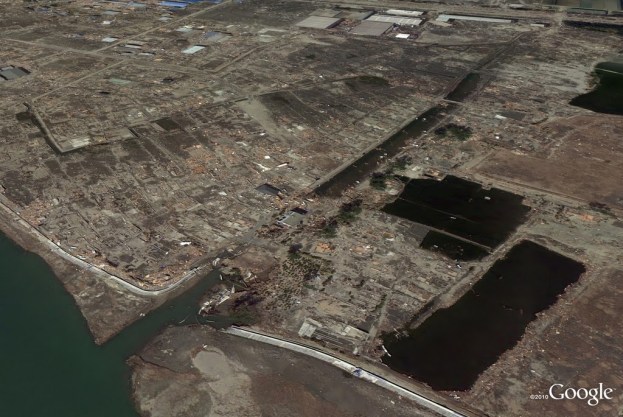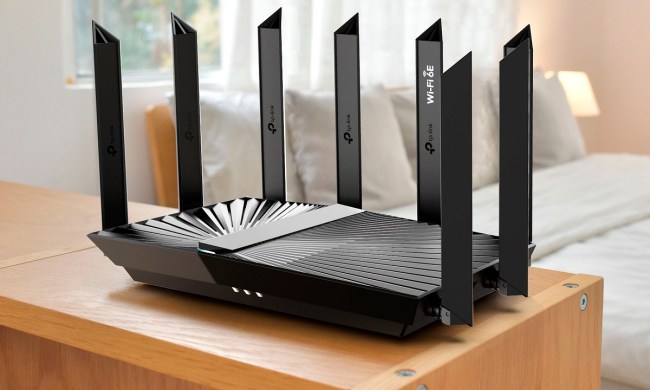
Google’s camera-equipped Street View cars have been a familiar fixture worldwide for some time now. But while they’ve previously mostly been an aid to the directionally-challenged, the New York Times reports that Google has put its fleet to work in tsunami-ravaged northern Japan, offering the company the chance to help with surveying efforts and, hopefully, gain some good will to break into the $9.6 billion Internet ad market dominated by Yahoo Japan.
Google’s Japan office felt the magnitude 9.0 earthquake that hit the Northeast on March 11. Within three hours, Google had its Person Finder service, developed in response to the Haitian and Chilean earthquakes last year, up and running. Person Finder has collected over 616,000 records to date.
The Street View cars have been helpful in surveying the scope of damage caused by the quake-induced tsunami. Continual photo updates are useful to analyze what needs to be done and how the recovery efforts are reshaping cities. Google’s efforts have gained it fans in northeast Japan.
“I know we’d have nothing to worry about with these people,” Shigeru Sugawara, mayor of ravaged Kesennuma, told the Times.
“I’d like them to record Kesennuma’s streets now. Then I’d like them to come back, when the city is like new again, and show the world the new Kesennuma.”
Yahoo Japan holds half of the search engine market share in Japan. Google is second with around 39 percent. Yahoo Japan’s decision last year to use Google’s search technology was a boon to the company, but the Google brand itself has had trouble gaining traction in the country thanks to blunders like the first round of Street View photos taken in the country being deemed too intrusive. So although its too early to tell if Google’s work has paid off in more users, it has certainly been useful to both the Japanese still struggling with recovery and in Google’s attempt to build a more trusted image in the country.


